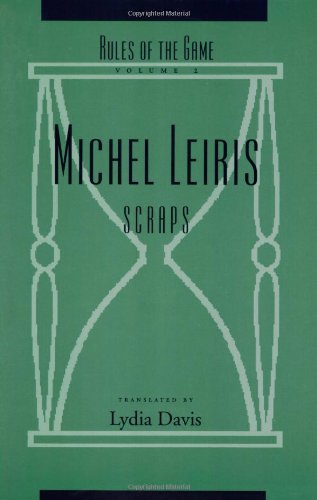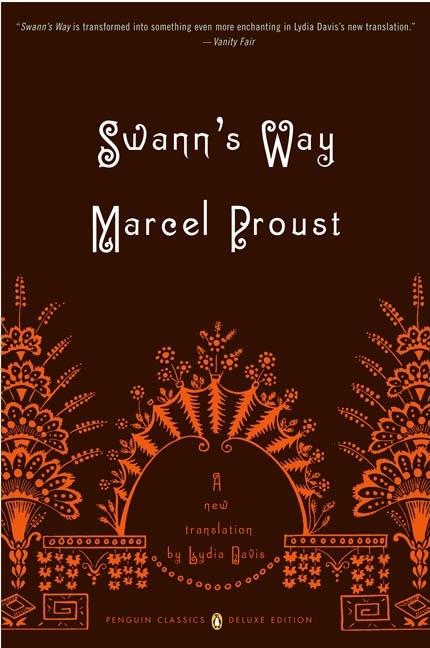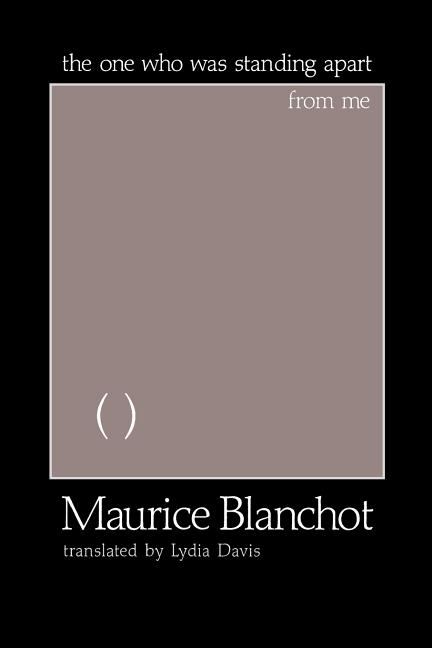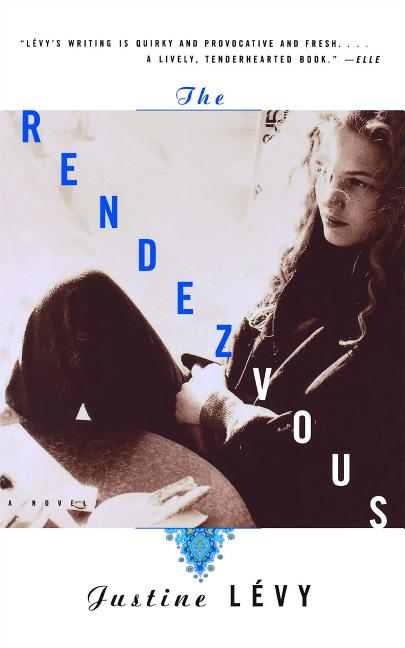A collection of essays on translation, foreign languages, Proust, and an extended immersion in the city of Arles, showcasing Man Booker International Prize winner Lydia Davis’ sharp literary mind and invaluable insight.

A collection of essays on translation, foreign languages, Proust, and an extended immersion in the city of Arles, showcasing Man Booker International Prize winner Lydia Davis’ sharp literary mind and invaluable insight.

Lydia Davis is a writer whose originality, influence, and wit are beyond compare. Jonathan Franzen has called her “a magician of self-consciousness,” while Rick Moody hails her as "the best prose stylist in America." And for Claire Messud, “Davis's signal gift is to make us feel alive. Best known for her masterful short stories and translations, Davis’s gifts extend equally to her nonfiction. In Essays I, Davis has, for the first time, gathered a selection of essays, commentaries, and lectures composed over the past five decades.
In this first of two volumes, her subjects range from her earliest influences to her favorite short stories, from John Ashbery’s translation of Rimbaud to Alan Cote’s painting, and from the Shepherd’s Psalm to early tourist photographs. On display is the development and range of one of the sharpest, most capacious minds writing today.

In this second volume of his acclaimed four-volume autobiography, Rules of the Game - now available for the first time in English - Michel Leiris comes to terms with self-reflection as disillusionment. In the midst of doubts about his own motives in writing an autobiography, he recalls that life, after all, has delights worth remembering: sights at the end of the world and the beginning of time, palm trees, breadfruit trees, colossal ferns. But even these things surrounded people living in miserable conditions. What could be said of human life, or of his own life, when his memory was unreliable, his eyesight failing, his mood in the bottom of a hole?
Translated by Lydia Davis.

A celebrated translation of Maurice Blanchot's classic mysterious "tale" (recit), Au Moment Voulu, this story hovers on the edge of the occult. Ostensibly it chronicles the troubled relations between the narrator -- a very ill man -- and the two women whose lives he invades. As in all of Blanchot''s intensely subjective fiction, the true subject of the work is the narrator''s consciousness and the process by which his tale emerges through its telling. Powerfully affected by the slightest of events, the narrator responds with a violence that, most disturbingly, appears inevitable.
Translated by Lydia Davis.

Examining changing role models for masculine identity - from cowboy in the 1950s to Terminator in the 1990s, from flesh-and-blood man to machine - this book by Elizabeth Badinter suggests that men need new role models and that sufficient room needs to be left for the expression of male vulnerability, a psychic space that would accept attitudes and behaviors traditionally labeled as "feminine." This new model, Badinter argues, may reduce the profound effects of homophobia and misogyny.
Translated by Lydia Davis.

New audiences are introduced to what has been called the finest novel of the 20th century with this new translation by Lydia Davis. A sensitive and direct translation, one that will enable us to discover, or rediscover, the joys of the novel.

Set in Switzerland during the early twentieth century, this novel by Pierre Jean Jouve traces the troubled relationship among three characters--the homosexual son of a pastor, a French poet, and a mysterious Russian woman--a relationship imbued with sex, love and death. Translated by Lydia Davis

Jacques Derrida writes (in Deconstruction and Criticism) of Maurice Blanchot's The Madness of the Day that it is a story whose title runs wild and drives the reader mad. La folie du jour, the madness of today, of the day today, which leads to the madness that comes from the day, is born of it, as well as the madness of the day itself, itself mad... La folie du jour is a story of madness, of that madness that consists in seeing the light, vision or visibility, to see beyond what is visible, is not merely 'to have a vision' in the usual sense of the word, but to see-beyond-sight, to see-sight-beyond-sight. The story obscures the sun with a blinding light.
Translated by Lydia Davis.

Translated from the French by Lydia Davis.
This work by Maurice Blanchot takes the form of a conversation, an interview. An obsessive questioning back and forth builds up Blanchot''s narrative, with its sense - shared with Kafka''s famous "doorkeeper" parable - that behind each question lies the spooky possibility of a further, more imposing, more insoluble question. Thematically, powerlessness, inertia, insufficient speech, weariness, falling, faltering - everything tied to a negative or nonexistent value in ordinary discourse - is given value here by its being articulated, moved into writing and thought. What''s insignificant or worthless gathers weight through its troubling persistence, its failure to disappear. The "endless" conversation of Blanchot's writing turns "fiction" toward an experience of listening--a far cry from the storytelling most fiction (still) takes itself to be.

The Rendezvous by Justine Levy is a beautiful and evocative first novel that blurs all lines between memoir and fiction. In a painfully sentimental journey, Louise, a sophisticated eighteen-year-old Parisian student, sits in a café awaiting the arrival of her long-absent mother, an aging hippie and former fashion model.
As the hours pass and Louise waits, she reaches deeper and deeper into her store of memory, recalling the early failure of her parents' marriage. Louise remembers how brief and unfulfilling meetings with her mother have punctuated her safe and secure life with her father, a world-renowned conductor. Carefully walking the balance between anticipation and fear, Louise meditates upon the chaos of her mother's life, a life of decadence, drugs, and irresponsibility.
Coming face-to-face with the powerful love she feels for her mother, Louise wryly acknowledges the complexity of a relationship filled with countless letdowns and unwavering devotion. Written with a wisdom that transcends age and the wit and savvy of a true survivor, The Rendezvous is a poignant examination of the transition to young adulthood and the often startling awareness of a parent's fallibility.
Translated by Lydia Davis.
